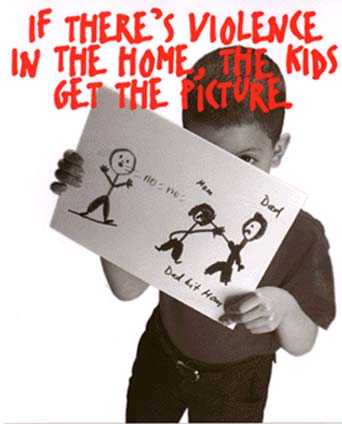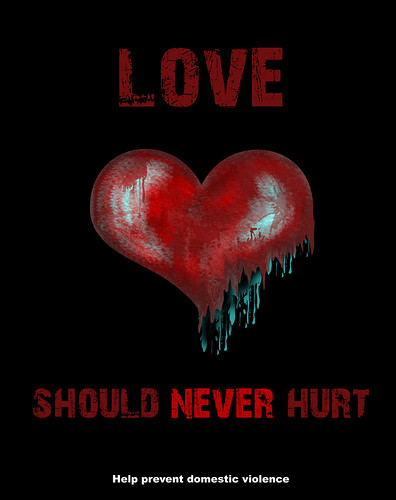ADRIAN MARTELL DAVIS v. WASHINGTON and HERSEL HAMMON v. INDIANA - 2006
The Supreme Court examined whether 911 calls or on-scene statements were subject to the Confrontation Clause restrictions enunciated in Crawford v. Washington, 541 U.S. 36 (2004). NNEDV submitted an amicus brief urging the court to recognize evidence-based prosecution as an effective means to hold batterers accountable for their crimes.
On June 19, 2006, the Court handed down a decision in both Davis v. Washington and Hammon v. Indiana. In Davis, the Supreme Court affirmed lower court rulings, stating that information provided during 911 calls were considered nontestimonial statements and were not subject to the restrictions of the Confrontation Clause.
In Hammon, the court reveresed lower court rulings, saying that on-scene statements made to police were considered testimonial and were subject to the restrictions of the Confrontation Clause because 1) the emergency had ended and 2) the inquiries made by the police were not to assess an emergency but were to gather evidence for future legal proceedings.
The decisions in these two cases create an objective test to aid the judicial system in determining whether statements made to law enforcement during a 911 call or on-scene questioning constitute testimony in lieu of a victim testifying in court against an abuser.


















No comments:
Post a Comment